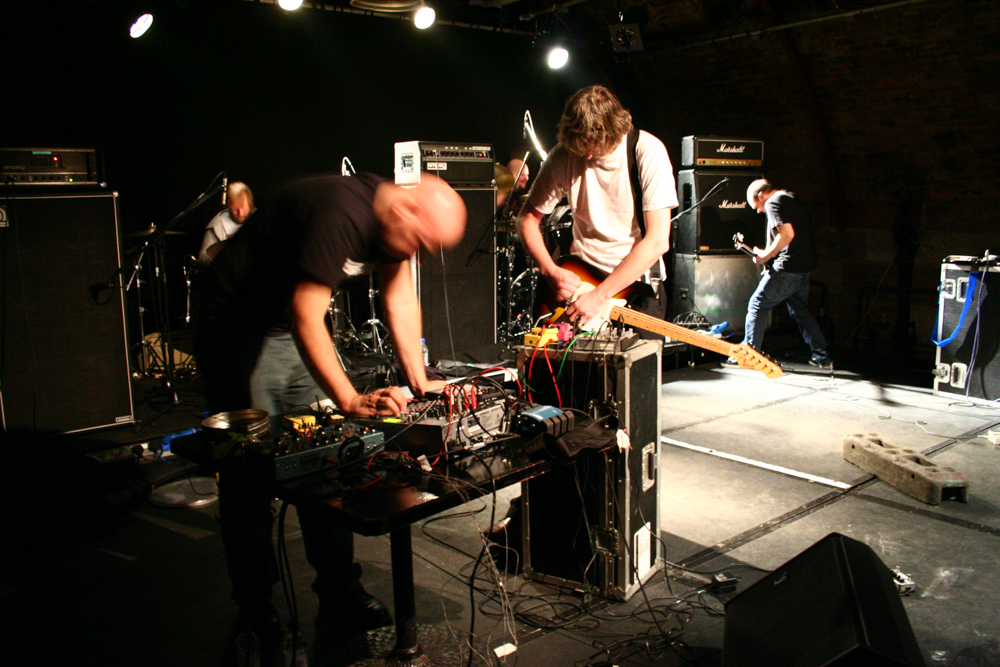
Jazkamer (metal music machine line-up)
Jazkamer
A black hole of dense heaviosity, full of slow motion riffage, tectonic pummel and massive planet destroying rock.
Arika have been creating events since 2001. The Archive is space to share the documentation of our work, over 600 events from the past 20 years. Browse the archive by event, artists and collections, explore using theme pairs, or use the index for a comprehensive overview.

A black hole of dense heaviosity, full of slow motion riffage, tectonic pummel and massive planet destroying rock.

How do you know what you want? Should freedom be doing what you ought, not doing what you want? How might a philosopher and artist turn this thinking into an enabling condition in the context of noise and improvisation?

A multi-media harp and spoken word tribute to the incalculable, the in-deducible, the suspicious static noise that accompanies the voice of truth, and the attempted aberrations in the domain of emergence.
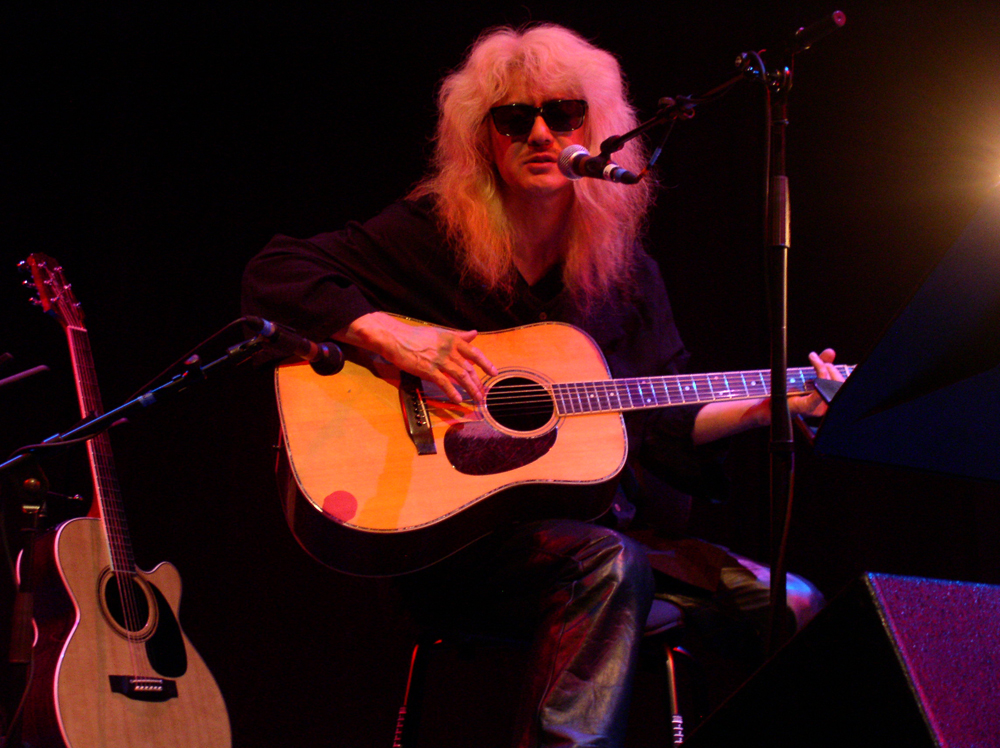
A confrontational and somehow shamanic stance; introspective silences shattered by savage jabs at the strings, whirlwind strums dying into spartan chords
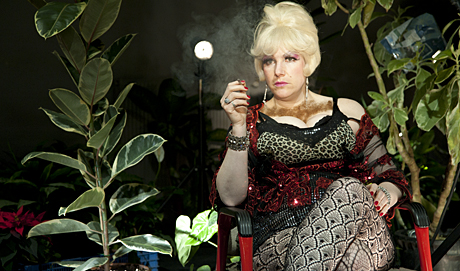
Trans-temporal drag, sexuality and the re-staging of illegible moments in history.

Free-jazz chat with Sabir Mateen, Daniel Cater, Andrew Barker – hosted by Byron Coley.

A stroboscopic and intense sensory overload of flashing abstract forms, cut to ribbons by modified projectors.

Using violin and cello the duo map out a twilight sonic world that seems to tread the faultlines between improvisation and composition.
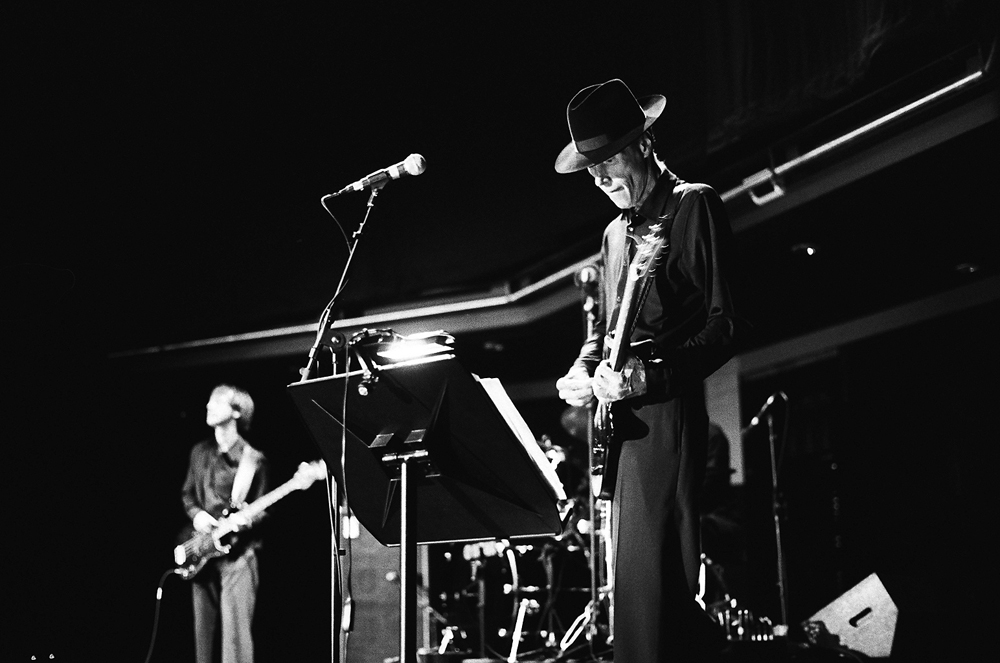
Jandek’s second ever live performance, and the first to be advertised in advance.

When one calls a strike, who hears the call, who attunes and listens to it? How to listen to the call of a strike? What prevents one from hearing this call or stops one from listening to it?
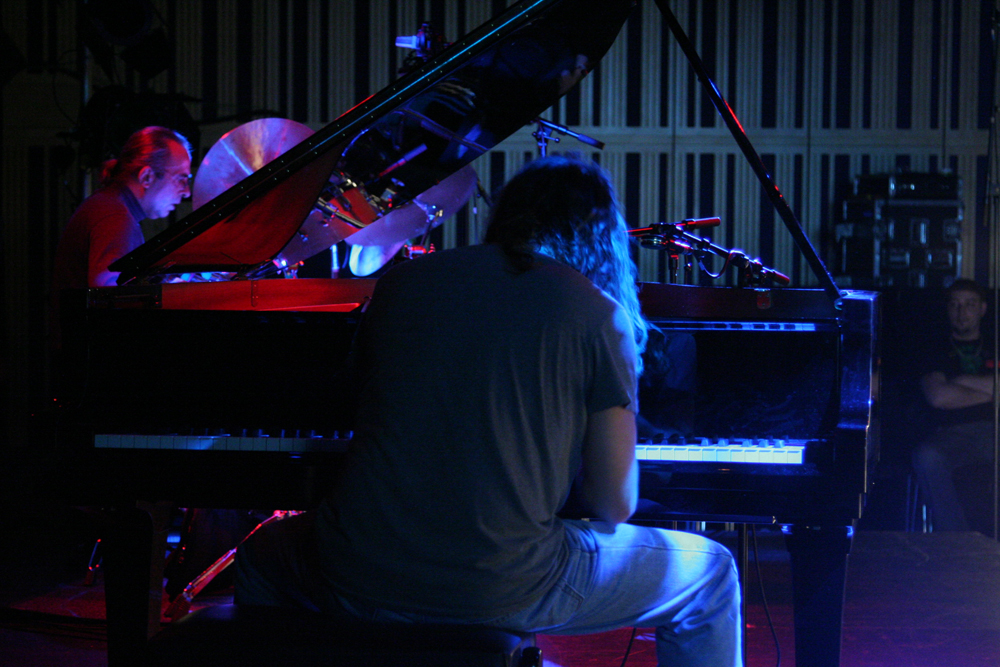
Free jazz pianist John Blum with an everywhere-at-once presence in duo with Jackson Krall, incendiary free jazz drummer and sound sculptor
A talk entitled ‘The Conquest of the Universe’: which delves into the connections between the underground filmmakers and musicians in New York in the early 1960s